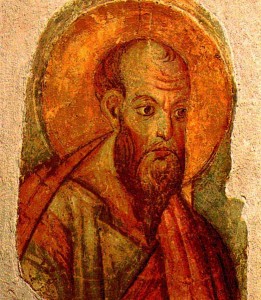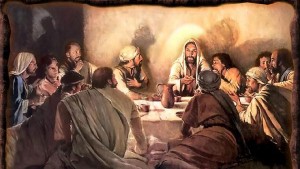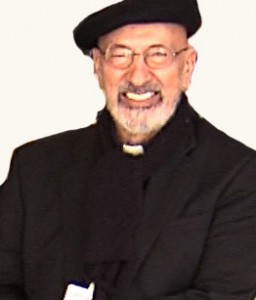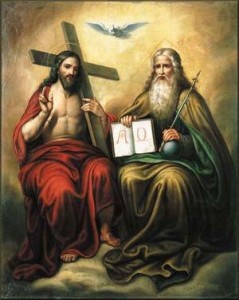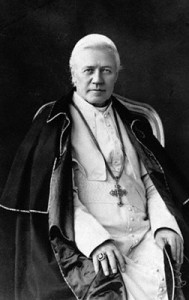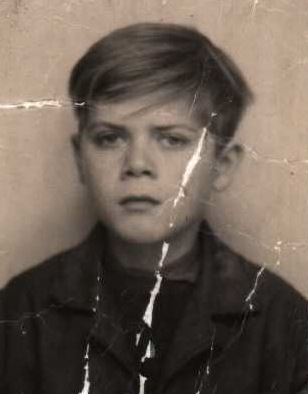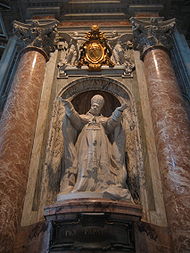Podcast: Play in new window | Download (Duration: 28:25 — 19.6MB) | Embed
Subscribe: Apple Podcasts | Spotify | Amazon Music | Android | Pandora | iHeartRadio | JioSaavn | Podchaser | Gaana | Podcast Index | Email | TuneIn | Deezer | Anghami | RSS | More

Episode 1: Introduction – Salvation Begins Now: Last Things First
Deacon James Keating and Kris McGregor explore the Christian understanding of life, death, and the eternal destiny in light of Catholic teaching on the “last things” (heaven, hell, death, and the final judgment). Contemporary Catholics may struggle with these concepts, as the vocabulary and focus on eternal destiny have diminished, often overshadowed by preoccupations with everyday life.
It’s important for us to acknowledge death as a reality and mystery that ultimately gives meaning to life. Avoidance of death, often seen in euphemisms like “passing,” detracts from the full Christian understanding of life and resurrection. Keating highlights that clergy should guide people in facing death meaningfully, as this helps people better live in alignment with their faith.
A core element is the resurrection of the body, which Christianity views as essential to personal identity and continuity with life on earth. Contrasting this with Platonic ideas that view the soul as separate from the body, Dcn. Keating tells us that, in Christian teaching, body and soul are intertwined and will be united in the resurrection. The sacramental life, particularly the Eucharist, provides a connection to this eternal life, as Jesus himself says, “I am the resurrection and the life.” Faith, hope, and love in Jesus draw Christians into eternal life, already beginning on earth.
Discerning Hearts Reflection Questions
- Awareness of Eternal Destiny: How often do I contemplate my eternal destiny, and do I see its relevance in my daily life?
- Understanding of Death and Resurrection: How comfortable am I with discussing death, and do I fully understand the hope that the resurrection of the body offers?
- Connection to Heaven in Everyday Life: Do I recognize the continuity between my current life and eternal life, seeing hints of resurrection in moments of healing and reconciliation?
- Respect for the Dignity of the Body: How do I value and care for my own body and those of others, especially the vulnerable, as a reflection of my belief in the resurrection?
- Living the Sacramental Life: How am I staying connected to Jesus, especially through the Eucharist, as a way to experience and deepen my communion with eternal life?
From the Catechism of the Catholic Church:
994 “But there is more. Jesus links faith in the resurrection to his own person: “I am the Resurrection and the life.”544 It is Jesus himself who on the last day will raise up those who have believed in him, who have eaten his body and drunk his blood.545 Already now in this present life he gives a sign and pledge of this by restoring some of the dead to life,546 announcing thereby his own Resurrection, though it was to be of another order. He speaks of this unique event as the “sign of Jonah,”547 the sign of the temple: he announces that he will be put to death but rise thereafter on the third day.548”
Deacon James Keating, Ph.D., is a professor of Spiritual Theology and serves as a spiritual director at Kenrick Glennon Seminary in St. Louis, MO. 



